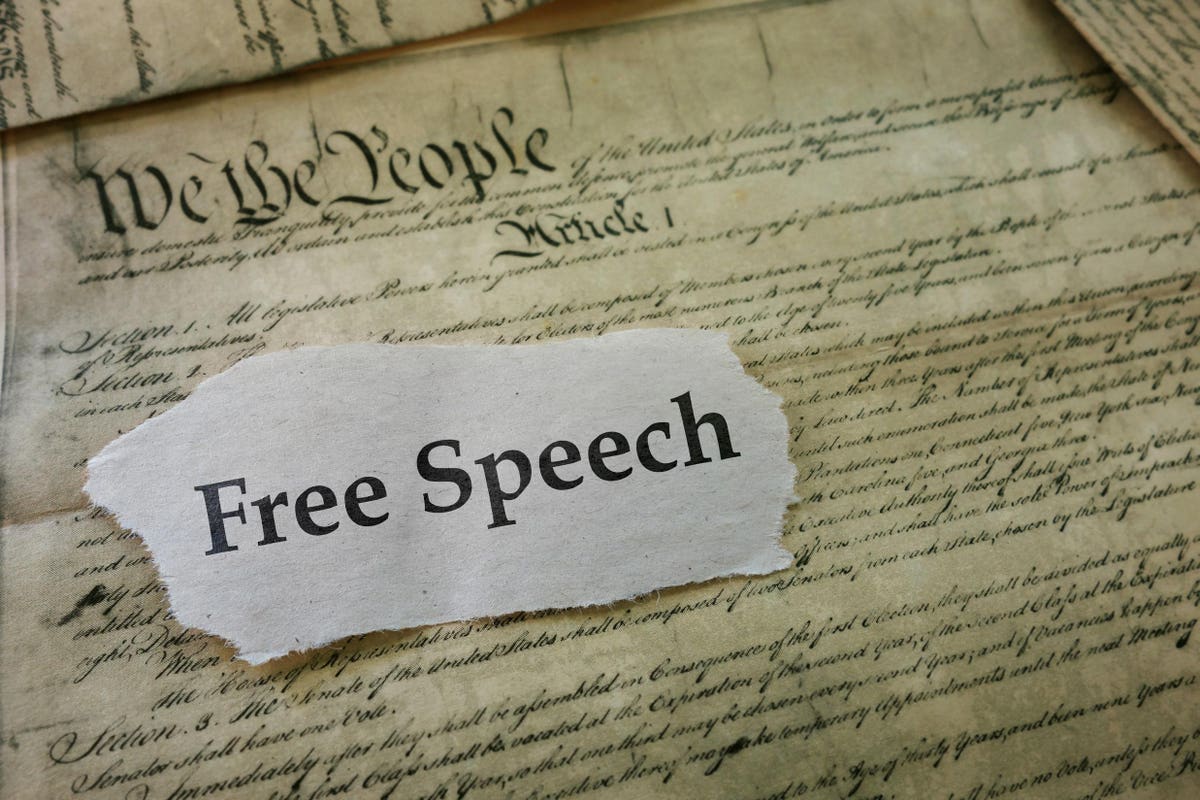A group of 13 college presidents is launching a new campaign, called the Campus Call for Free Expression, to bring renewed attention to the importance of free expression, critical inquiry and civil discourse on college campuses.
The Campus Call is a project of College Presidents for Civic Preparedness, a recent initiative convened by the Institute for Citizens and Scholars. The group ‘brings together college presidents who are committed to addressing the challenge of ensuring today’s young people are well-informed, productively engaged, and committed citizens.”
The College Presidents for Civic Preparedness is a consortium that currently consists of 15 presidents of four-year institutions, most of which are private. The schools include public flagships, Ivy-plus institutions, HBCUs, liberal arts colleges, and faith-based institutions.
The participants in the consortium are:
- Roslyn Clark Artis, Benedict College;
- Hiram Chodosh, Claremont McKenna College;
- Martha Pollack, Cornell University;
- Lori White, DePauw University;
- Vincent Price, Duke University;
- Jonathan Alger, James Madison University;
- Jack DeGioia, Georgetown University;
- Mung Chiang, Purdue University;
- Grant Cornwell, Rollins College;
- Jonathan Holloway, Rutgers University;
- John Jenkins, University of Notre Dame;
- Joan Gabel, University of Pittsburgh;
- Kevin Hallock, University of Richmond;
- Paula Johnson, Wellesley College; and
- Michael Roth, Wesleyan University.
The new effort comes at a time when colleges and universities across the country are facing multiple threats from lawmakers and others who have sought to limit what can be taught in college classrooms, dictate what must be included in college curricula, and gut the academic freedom protections associated with faculty tenure. And students – both progressives and conservatives in their political outlook – also have raised concerns recently about their ability to speak freely on many campuses, without the fear of intimidation or censure.
“It is critical to our mission as a university to think deeply about freedom of expression and the challenges that result from assaults on it, which today come from both ends of the political spectrum. Learning from difference, learning to engage with difference and learning to communicate across difference are key parts of a Cornell education. Free expression and academic freedom are the bedrock not just of the university, but of democracy,” said Cornell University President Martha E. Pollack, in a news release.
A slightly smaller group of 13 institutions in the consortium is taking the lead in the new Free Expression campaign. They will be organizing different activities on their individual campuses to promote free expression and help develop civic preparedness in their students. As examples,
- Benedict College will host a year-long campaign on free expression and inquiry named #perspective that will include key messages and campus programming, beginning during freshman orientation.
- Claremont McKenna College is building on its Open Academy with a four-year comprehensive learning program to help students acquire critical skills in difficult conversations.
- Cornell University plans a series of scholarly and creative events for students and staff and faculty that will include debates among guest speakers who model civil discourse and exhibitions and performances.
- Presidents at DePauw University and Rollins College, among others, will focus their annual convocation remarks on the theme of free expression.
- Duke University will host a summer seminar for faculty for effectively promoting civic discussion over sensitive topics in the classroom, and its First Amendment Clinic will give law students the opportunity to work directly with clients facing free expression concerns.
The overall Campus Call initiative is funded by a grant from the John S. and James L. Knight Foundation, with individual campuses also providing support for their own unique projects.
The Campus Call comes on the heels of a related effort by a group of retired college and university presidents who, in April, launched a national campaign called “Champions of Higher Education” to fight against political interference and various forms of government overreach into American campuses.
That work is being led by PEN America with collaboration from Campus Compact and underwriting provided by the Andrew W. Mellon Foundation, the Lumina Foundation, and the Henry R. Luce Foundation. So far, more than 200 former presidents have signed on (in the interest of full disclosure, I am one of them).
American colleges must remain communities where people from diverse backgrounds and with different beliefs can exchange views and debate ideas as they struggle to learn and honor what it means to live in a complex society and a thriving democracy. That’s the basic aim of the Campus Call For Free Expression.
In the words of Jonathan Alger, President of James Madison University, “while our policies must reflect constitutional parameters as a public institution, administrators and faculty members need to articulate expectations and norms for how students should engage with us and with each other. As we prepare students for active civic engagement in a pluralistic democracy, we have a responsibility to model what vigorous, productive civil discourse looks like.”
Read the full article here





